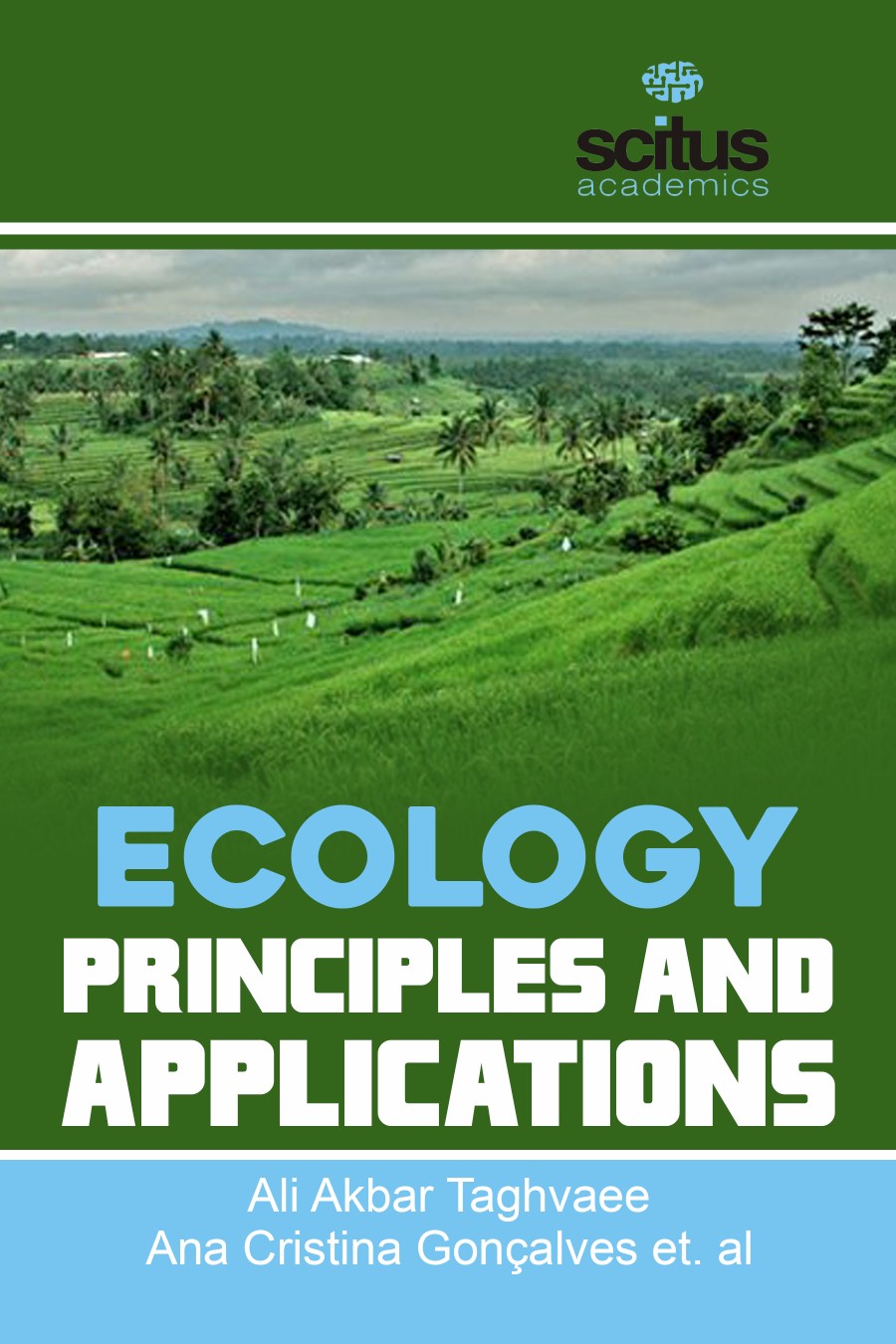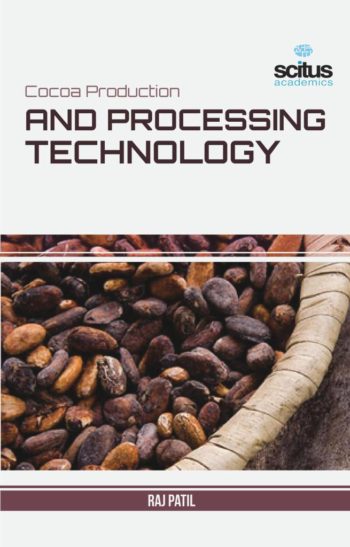People have always shown an interest in their natural surroundings. You may know someone who can identify every animal, plant, and rock they see. Every day, you also interact with houseflies, mosquitoes, billions of dust mites, and other organisms that you cannot even see. What affects their environment also affects you. Understanding what affects the environment is important because it is where you live. Ecology takes biology from the relative simplicity of individuals to the complexity of interactions between organisms and their environments. Its implications stretch beyond biology into environmental science and the grand challenges facing society. To maintain the ecosystem many biochemical cycles are going on like water, carbon, nitrogen, and phosphorus and limited nutrients. If we want to conserve and protect nature and prevent the extinction of species, we need to know how they all fit together, what their habitat requirements are, how they influence each other, what the minimum population sizes are to ensure their survival, etc. For survival of species, natural areas, as well as agricultural sustainability, ecology is important. Without a good knowledge of ecology, the study of other fields will be useless and the human species will extinct.
Ecology: Principles And Applications is intended to provide the concepts and principles that support cooperative actions to conserve rich biodiversity. It contains theory and real world cases in all areas of ecological sciences, focusing on behavioral, environmental, evolutionary, and population ecology will be considered, as well new findings relating to biodiversity, conservation, and paleoecology. The topics stated in this book are not new but the issues and technologies mentioned will be new and equally advanced for the readers too.
This book will be benefit the students, researchers, fellow professors, and resource managers as well as to all those in the field of ecology working for its conservation.













